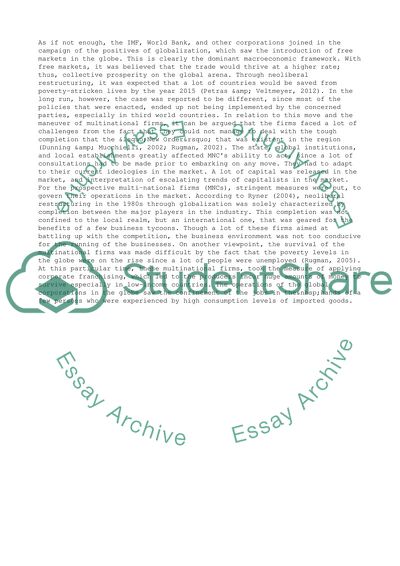Cite this document
(“How Have Changes in World Economy Affected Room for Manoeuvre of Essay”, n.d.)
Retrieved from https://studentshare.org/business/1449321-how-have-changes-in-world-economy-since-the
Retrieved from https://studentshare.org/business/1449321-how-have-changes-in-world-economy-since-the
(How Have Changes in World Economy Affected Room for Manoeuvre of Essay)
https://studentshare.org/business/1449321-how-have-changes-in-world-economy-since-the.
https://studentshare.org/business/1449321-how-have-changes-in-world-economy-since-the.
“How Have Changes in World Economy Affected Room for Manoeuvre of Essay”, n.d. https://studentshare.org/business/1449321-how-have-changes-in-world-economy-since-the.


